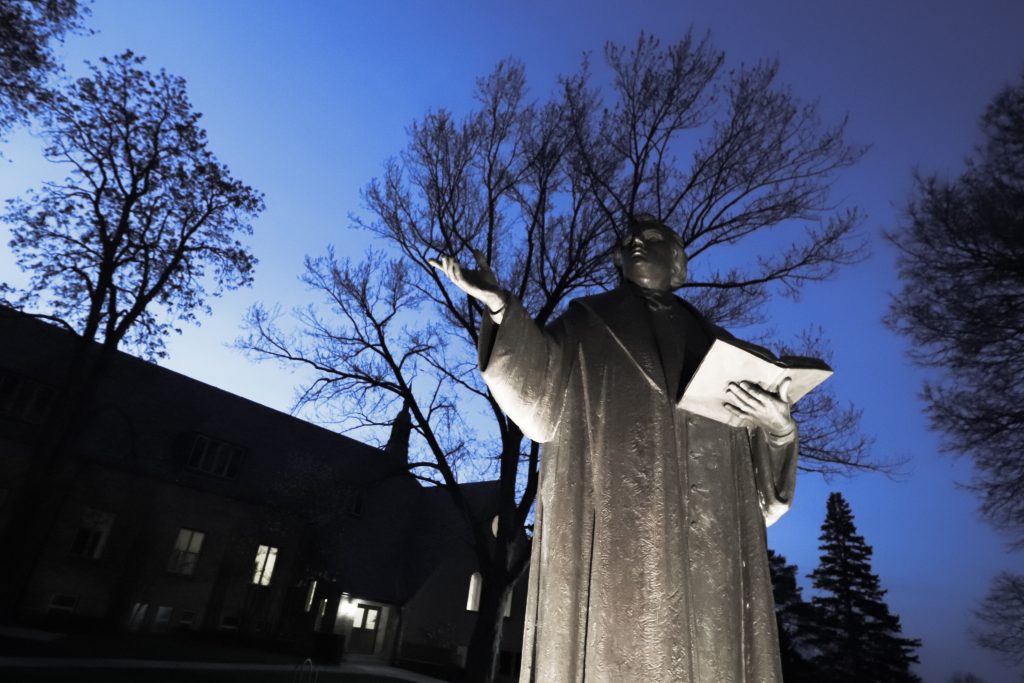2020 Symposium on Martin Luther’s 1520 Treatises
The year 2020 marks the 500th anniversary of four important treatises that Martin Luther wrote in 1520. The essays for WLS’ 2020 symposium will revisit the four treatises. Essayists will review them shedding light on what was happening in the world of Luther at the time and showing why the truths emphasized in them are still essential for Christians five hundred years after they were written. The four essays work well together as a “set” since each describes an aspect of the Christian freedom with which the Lord has blessed his church. That freedom is what Luther set out to expound and defend in 1520 against the abuses of the Roman Catholic Church.
The symposium was held on September 21 and 22. The essays presented are as follows:
To the Christian Nobility of the German Nation (August 1520)
Jason Oakland, essayist
In this treatise Luther discusses the relationship of clergy and laity in the Christian church. He points out artificial walls of superiority that the Catholic Church had created around itself and its clergy to guard its temporal and ecclesiastical powers. He then tears down those walls using Scripture and shows how many of the works that the Catholic clergy had arrogated to itself rightly belong to the priesthood of all believers. He goes on to propose a series of reforms that are necessary for the church to remain true to the authority that God has given all his children.
On the Babylonian Captivity of the Church (October 1520)
Benjamin Schaefer, essayist
After deconstructing the walls with which the Catholic Church guarded its spiritual-temporal power in his treatise To the Christian Nobility of the German Nation, Luther moves on to challenge the Catholic Church’s central stronghold and sanctuary—the sacramental system by which she accompanied and controlled her members from the cradle to the grave. Luther examines the abuses connected to the seven sacraments of the Catholic Church, the chief among them being that of the Lord’s Supper. He also defends the Scriptural understanding and use of the sacraments of Baptism and the Lord’s Supper.
Treatise on Good Works and On the Freedom of a Christian (May 1520 and November 1520)
James Danell, essayist
These two essays were the first and last of Luther’s 1520 treatises and they reveal the spirit behind the writings. In them, Luther gives a clear exposition on the Christian life and the relationship between faith and good works. Contrary to the teachings of the Roman Church of his day, Luther shows how Scripture teaches that people need not perform extraordinary acts of religious devotion to be saved, but rather that Christ saves them by grace through faith. In response to those who perceive this emphasis on grace as antinomian, Luther also emphasizes that, in Christ, God defines what it means to obey and serve him. Good works are the necessary consequence of faith in the heart that lives for the praise of God and for the benefit of neighbor. Only by grace can people live in true freedom and truly serve their Savior God and their fellow human beings.


